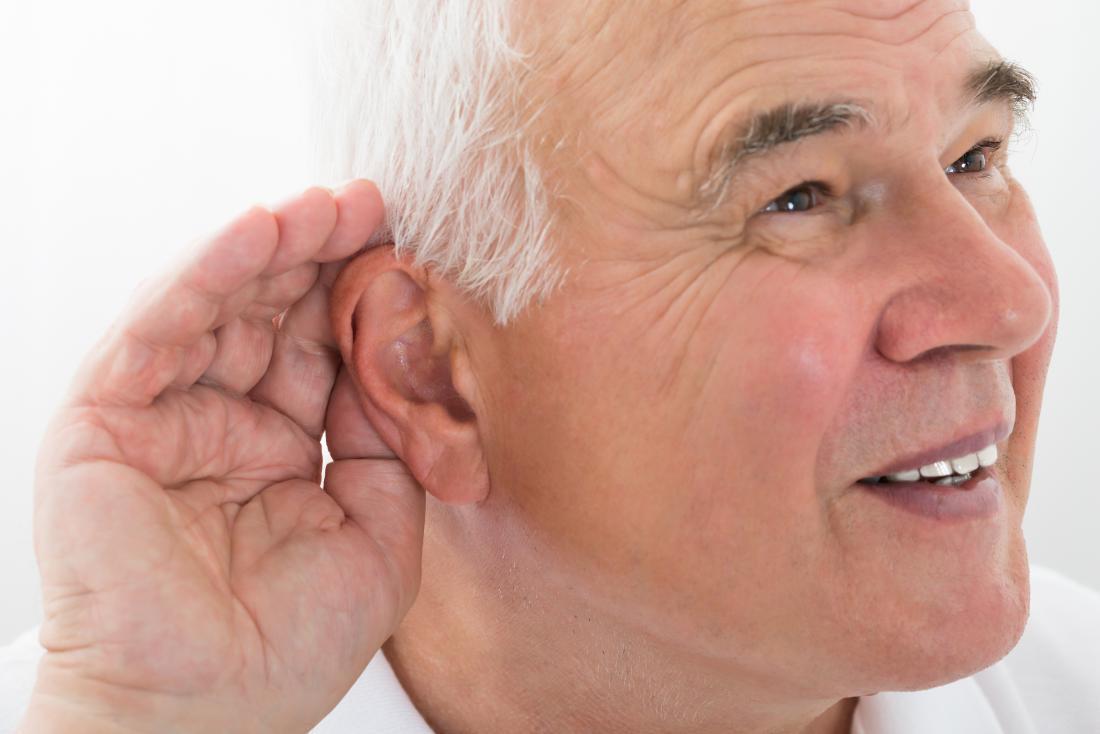Each and every day, we rely on our senses of taste, smell, sight, and hearing to navigate the world around us, engage with others, and make the most of our lives. We can grow so accustomed to these senses that we often take them for granted, but as time goes by and their abilities begin to wane, we suddenly find ourselves having to adapt to new ways of living.
It’s quite common for hearing to degrade as we get older. It’s a natural part of the aging process, in the same way that sight, smell, and taste can also feel a little different or less effective as time goes by. If you’ve noticed that you’re struggling to hear others as clearly when they’re talking to you or have to turn the TV volume up to hear the words, it might be a sign of hearing loss. Here’s how it occurs and what you can do to delay it.
According to the leading ENT Doctors in Dubai, while advanced age can lead to hearing loss, not paying attention to the same can aid in accelerating the same. In other words, even if you are at an advanced age and experiencing hearing issues, you should immediately contact a trained and experienced ENT right away. The faster you take adequate attention, the better will be the chances of your recovery. Recent technology enhancements have made rechargeable hearing aids a great option for many people who suffer from age-related hearing loss.
How Hearing Loss Happens
In order to understand how hearing loss actually occurs, we have to first understand how the ear functions in order to allow us to hear and interpret sounds of speech, music, and the world around us. The auditory system is incredibly complex, but it can be simply understood by breaking it down into three key parts: the outer ear, middle ear, and inner ear.
The outer ear is where the sound first makes its way into our heads, via the visible part of the ear we see when we look in the mirror. Sound waves are collected by the ‘pinna’ part of the ear and funneled down the ear canal towards the middle ear.
The middle ear starts at the eardrum or tympanic membrane. This delicate part of the ear vibrates as sound waves make contact with it, triggering the vibration of three small bones just beyond it. Finally, in the inner ear, the cochlea and auditory nerve gather the sound signal and convert the vibrations into electrical impulses that can be interpreted by the brain.
Hundreds of millions of people deal with hearing loss, and it’s mostly caused by damage or aging in the inner ear, where little hairs around the cochlea break down and aren’t as effective at collecting sound vibrations. It’s also common for people who have worked with heavy machinery or listened to lots of loud music to suffer similar damage to their inner ear hairs.
How to Prevent or Delay Hearing Loss
With over 50% of over 75s having disabling hearing loss, it’s fair to say that you can’t completely eliminate the risk of it happening to you someday, and even with lots of care and caution, you may still naturally find your level of hearing weakens as you age. However, there are some simple things you can do to delay the process:
- Avoid loud sounds – The best way to reduce your risks of having to deal with hearing loss is to avoid loud sounds and noises in general, including heavy machinery, loud concerts, listening to music via headphones, and so on. Any sound that goes beyond 85 dB is deemed to be dangerous to your auditory health.
- Earplugs – Earplugs can be a good choice for protecting your ears if you are exposed to loud sounds as part of your work or general interests. If you like going to concerts or work in a loud area, for instance, you can wear plugs to protect your ears, and it’s wise to take breaks and rests in between loud noise exposure too.
- Get your hearing tested regularly – Getting your hearing professionally tested on a regular basis is another smart way to reduce the risks of this problem, as hearing loss can be treated successfully if it’s identified early on. If you fail to have a hearing problem diagnosed, it may simply get worse with time.
- Clean ears with care – Many people make use of Q-tips or cotton swabs to clean out their ears and remove wax build-up. This can be an important part of self-hygiene, but it’s recommended to be very careful when cleaning your ears. Don’t push swabs too far and make use of gentle irrigation kits or ask a doctor for help if you have a buildup of wax and need to get it removed.
Final Word
Losing your hearing can be stressful and worrying, but it’s important to acknowledge that this process is perfectly natural, and there are many ways to slow it down and be kinder to your ears with your lifestyle choices.

Leave a Reply